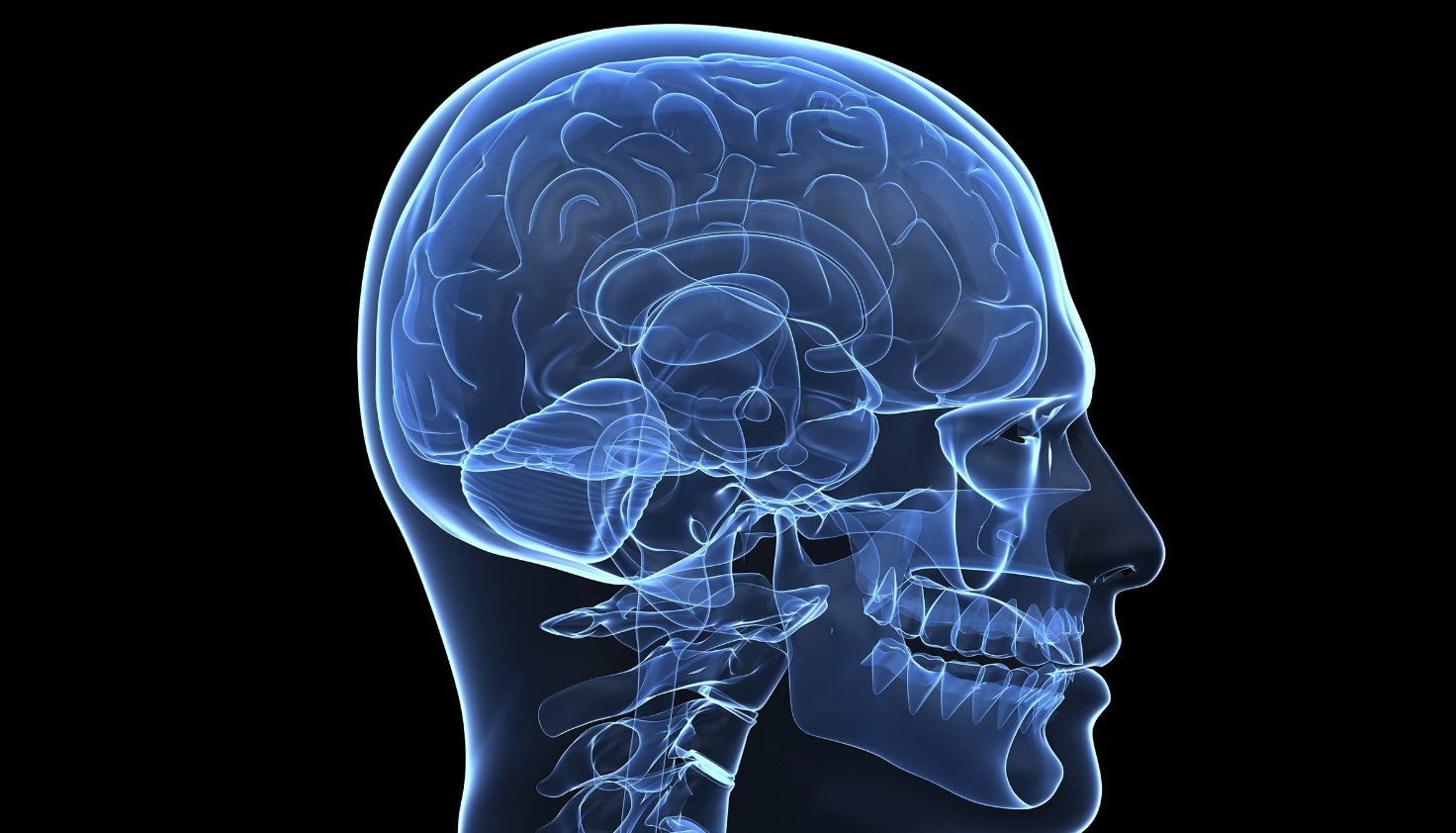Startup KerNEL is trying to create commercial brain implants to improve memory

The idea of extending the life of the brain as the most important part of the human body has been around for a long time among science fiction writers and dreamers. "The head of Professor Dowell", the transfer of consciousness, and hundreds of other subjects in which a person strives for real immortality - after all, we are, first of all, our personality, and only then a set of organs, bones and muscles.
However, our brain is not eternal and not perfect. It is also subject to wear, like any other internal organ, but with diseases of the brain, the quality of life decreases significantly. Personality disorders, sclerosis, or such terrible diseases as Alzheimer or insanity, with which mankind fights, but not always successfully - they all deal a crushing blow to a person and change him beyond recognition.
')
One of the entrepreneurs of the Silicon Valley, Brian Johnson, set out to create a brain implant that will help cope with brain degeneration and its functions, at least partially.
In 2013, Johnson sold his business to PayPal for $ 800 million, and after that he was looking for where to invest them. As a result, the idea was born to create a commercial brain implant that will help fight, for example, memory impairment - a disorder that most people suffer with age.
In addition to the obvious commercial benefits, Johnson's words are somewhat reminiscent of Mask's romantic statements about space exploration. “The human mind is locked in the body and this leads to brain degradation,” says the entrepreneur. While we can not break out of the physical shell, so Johnson set out to alleviate the plight of people and, of course, earn.
Development can take years, but the founder of a startup has admitted that with his capital he can afford to spend as much time as he needs.
The main idea of the development is chipboarding of the hippocampus - a department of the brain that is responsible, according to scientists, including the retention of important information and the formation of long-term memories from short-term memory.

The layout of the hypocampus is highlighted in blue.
Johnson's approach can be called more realistic than the projects that are sponsored by several other companies from Silicon Valley. If chipping a part of the brain is a prospect for the next decades, then other futuristic projects do not inspire confidence. For example, one of the companies sponsors the development of "DNA hacking" to reprogram the parameters of the organism. This approach is more reminiscent of the fantasies of “programming the human body” than a realistic approach to the problem. According to Johnson, we will be able to stimulate those parts of our body (brain) with technical means in order to avoid many age-related diseases and changes associated with aging. Speech about the fantastic "change of the body" is not, only a small upgrade of the most important part - the mind.
The startup works far from scratch. The work was based on the work of Dr. Theodor Berger, a talented bio-engineer who had worked in the field of neuroprosthetics for two decades and helped people with Alzheimer's disease after suffering traumatic brain injuries and strokes. Now Berger is the head of the center of neuroengineering in Southern California, and also acts as a supervisor of the startup Johnson.
Any familiar event is interpreted by our brain as a specific set of impulses. For each person, this set is unique. In fact, you will uniquely respond, for example, to a fire or a conversation with a familiar person. According to Breger and Johnson, the implant will, using electrodes in the hippocampus, register the activity of neurons that receive information and, accordingly, stimulate other neurons that are responsible for the formation of memories. In fact, the implant is designed as an auxiliary device to ensure proper communication between the brain cells, and not as something that this brain, still poorly understood, is capable of replacing or modifying.
Such developments have already been sponsored by the US Department of Defense and during the tests, improvements were observed in laboratory rats and monkeys. However, the problem lies in the fact that the number of neurons in the brain of rats is approximately 200 million, while, as an average, the human brain consists of 86 billion cells. The KerNEL team has already begun to collect the necessary data for work due to people suffering from epilepsy, to whom brain stimulation electrodes have been implanted according to existing medical conditions.
Johnson's idea is not new. Previously, scientists conducted tests to stimulate the brain to improve its functionality in patients, however, during such experiments, ethical debates often arose. Do not forget about the prejudices and radical religious movements, according to which such an intervention is unacceptable. More implants are used in the treatment of Parkinson's disease.
There is great potential for development. Memory, as well as the ability to correctly operate the foreign information available in the brain, is one of the most important functions of the brain. Also, the development, if the work is successful, will allow many thousands, if not hundreds of thousands of families, to avoid grief, when one of the parents falls into insanity or becomes ill with alzheimer and stops recognizing those closest to them. Memory and a sound mind are the most valuable things a person has and it is quite possible that in some ways the cynical development of a commercial product will ensure a happy life and old age for a huge number of people.
Source: https://habr.com/ru/post/396817/
All Articles